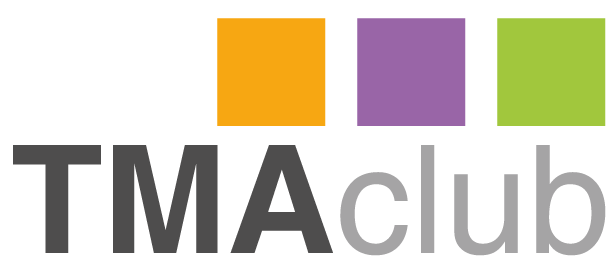Have you given second charge mortgages a second thought for your clients?
By Jeff Davidson, Head of Fluent Partners
Jeff Davidson, Head of Fluent Partners, discusses how debt consolidation and home improvements are driving demand for second-charge mortgages.
Throughout the course of 2023, we saw a notable shift in demand for second charge mortgages, particularly amongst those customers looking to consolidate their debts.
Second charge mortgages have become a natural next step for those clients looking to raise capital, as increased affordability challenges and rising rates have made this financial product type a better option than remortgaging for many individuals.


In actual fact, last year, 78% of all new second charge agreements agreed here at Fluent were solely for debt consolidation; meanwhile, the average debt per household for our customers was at an average of £34,600 (excluding mortgages)1.
A notable advantage of a second charge mortgage is that it allows borrowers to maintain a favourable rate on their primary loan while accessing their home equity through secondary borrowing. Additionally, a second charge mortgage can help your clients by preventing them from incurring penalties like early repayment charges, by refinancing their existing mortgage before its term concludes.
The surge in demand for second charge mortgages could also be attributed to the advantageous interest rates compared to unsecured loans, and the ability to leverage existing equity without disrupting favourable first mortgage terms.
For example, this feature holds a particular appeal for individuals aiming to raise capital amidst the current economic conditions, especially if they still have several years remaining on their fixed-rate deal, whether it’s for five or ten years.
According to Moneyfacts, the overall average two-year fixed rate deal is sitting at 6.47%, while the average five-year fixed rates are hovering at 5.97% respectively2, making them significantly higher than the 1.5% to 2% rates locked in by those who took out a five-year fix at the start of the pandemic. Thus, retaining the lower rate on their first-charge mortgage will be a priority for those clients in these circumstances.
While the majority of all new second charge agreements throughout 2023 were for debt consolidation purposes, the money raised from a second charge can be used by your clients in multiple ways.
Many clients have been keen to adapt and redesign their homes over the past two years to cater for new ways of living, meaning that home improvements are still a huge talking point when it comes to second charge mortgages.
Even now, the pandemic continues to influence how homeowners are choosing to renovate their properties. While renovation budgets are under pressure from both the cost-of-living crisis and soaring prices for building materials, clients are increasingly looking for financial solutions to fund renovation projects.
That said, the COVID pandemic and successive lockdowns have undoubtedly given people the incentive to carry out home improvements on their properties, as well as paying off unsecured debt, meaning a second charge mortgage may be a suitable option for your clients in these circumstances.
In spite of economic uncertainty, here at Fluent, we foresee a continuous need for second charge mortgages throughout 2024 and beyond. While market dynamics and inflationary pressures continue to drive up living expenses, the allure of second charge mortgages is likely to remain strong, especially amongst those homeowners seeking the flexibility and cost-effectiveness that a second charge mortgage can offer.
If you are considering a second charge mortgage for your client, please don’t hesitate to get in touch with the Fluent Partners broker team, on 01204 472030 or email Fluentpartners@fluentmoney.co.uk .




